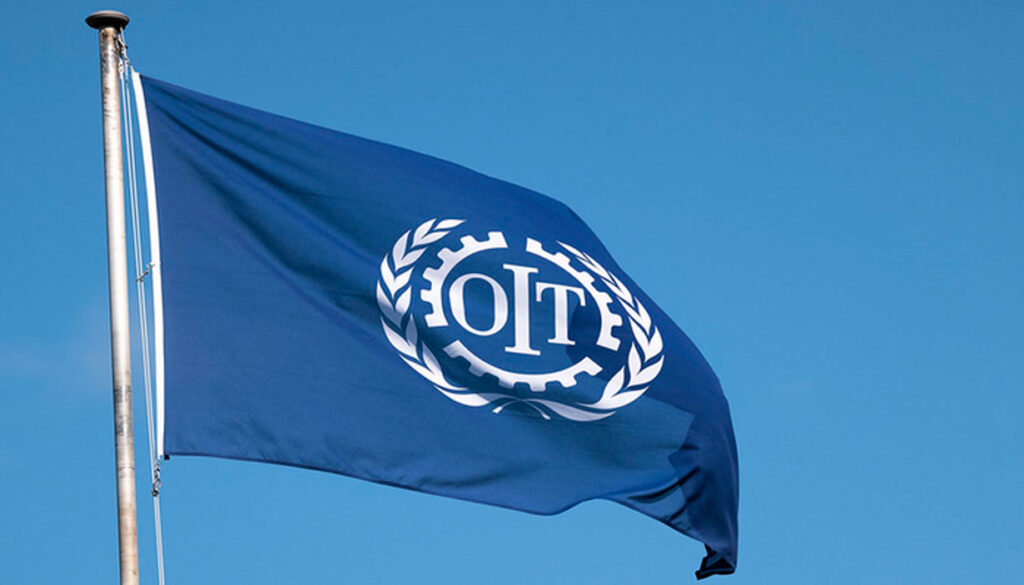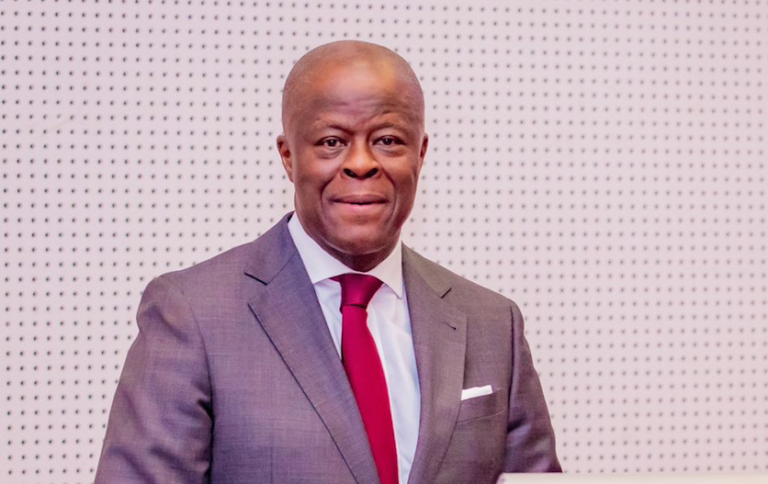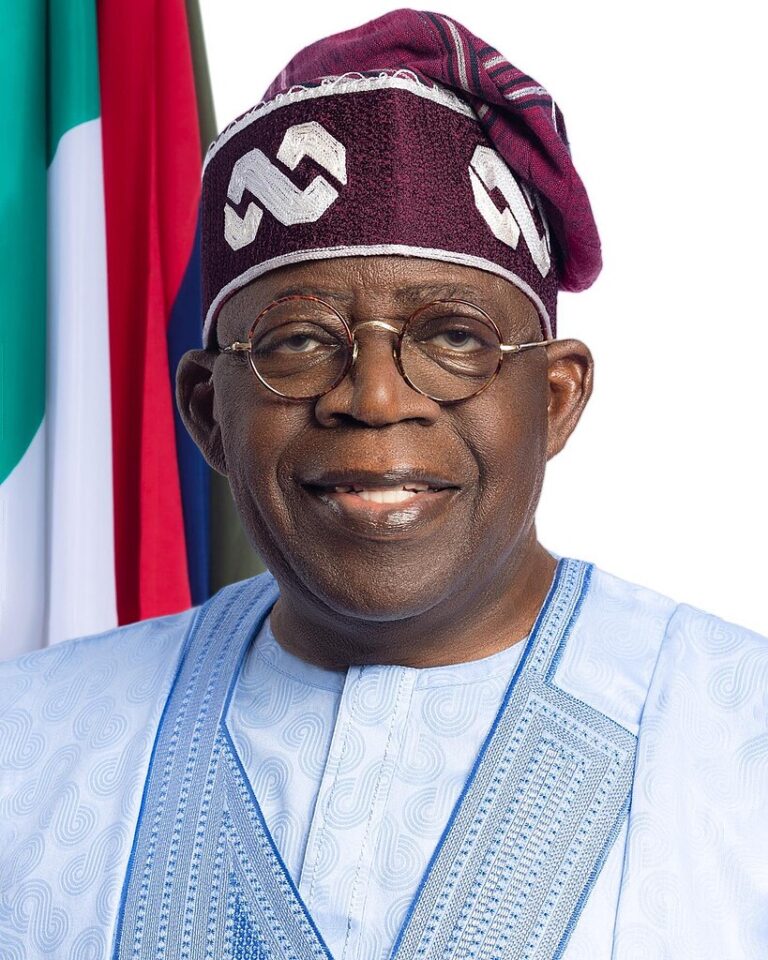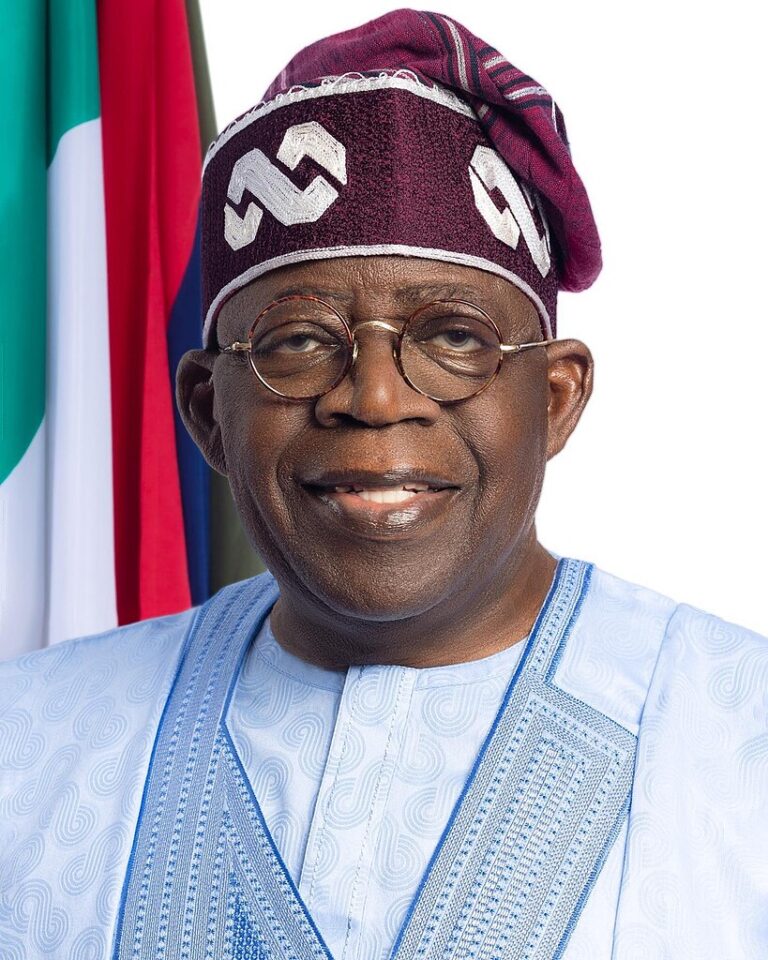
In a significant victory for the global working class, the International Labour Organisation (ILO) may advocate the implementation of a living wage system, potentially superseding the existing minimum wage.
Director-General of ILO, Gilbert Houngbo, who is on an official visit to Nigeria, urged the government, workers and employers to uphold the sanctity of agreements to foster a stable industrial environment.
Relatedly, the Nigeria Employers Consultative Association (NECA) urged the government to improve its labour policies to boost investment, regional trade and economic stability.
Togo-born Houngbo, who also served as the special guest at NECA’s third yearly labour adjudication and arbitration forum in Abuja, yesterday, expressed gratitude to the Federal Government for raising the minimum wage from N30,000 to N70,000. However, he acknowledged workers’ concerns about the rising cost of living, particularly in various aspects of their daily lives.
The ILO chief noted complaints from organised labour about the erosion of their gains due to the naira devaluation by more than double since the present government assumed office.
Rising costs and inflation, which surpassed 30 per cent, and food inflation, which exceeded 40 per cent, exacerbated the situation. Aligning with the labour movement’s stance, the ILO DG declared calculating wages based on inflationary trends as more advantageous to the working class.
However, he acknowledged ILO’s belief in transitioning from the concept of a minimum wage to a living wage, adding: “It is unacceptable that individuals worldwide, including in Nigeria, work excessive hours without being able to meet their basic needs.”
While emphasising the importance of collaboration among workers, the government and employers to create a peaceful industrial environment, he highlighted that preventing labour conflicts through adherence to agreements is crucial for achieving economic, political and social stability, essential for economic development. Houngbo argued that the more businesses prospered, the more the economy would prosper.
On his part, the President of the Nigeria Labour Congress (NLC), Joe Ajaero, berated the sub-national governments for dilly-dallying on the payment of the N70,000 national minimum wage.
Ajaero also frowned on the labour laws that had been pending in the National Assembly for more than a decade. The NLC chief also flayed delay of labour disputes at the National Industrial Court (NIC), where cases outlive the petitioners or period of employment.
President and Chairman of Council, NECA, Dr Ifeanyi Okoye, observed that as labour relations became increasingly complex, the role of a strong appellate system in upholding justice and maintaining industrial harmony became crucial.
According to him, NECA believes that a well-structured and independent adjudication system is essential for industrial peace and economic growth. Okoye appealed to all relevant authorities to expedite the passage of the reviewed labour laws, ensuring that they reflect current realities and global best practices.
He also urged the government to resuscitate the National Labour Advisory Council, describing its role in fostering constructive engagement among social partners as invaluable in promoting industrial harmony and sustainable economic development.
Earlier, the Federal Government had called on the ILO for assistance in addressing critical labour market challenges, including unemployment, skills development and integrating the informal sector into the formal economy.
The Minister of Labour and Employment, Muhammadu Dingyadi, made this appeal while receiving Houngbo in Abuja. Speaking on behalf of President Bola Tinubu, the minister reaffirmed Nigeria’s commitment to the ILO’s principles and its dedication to promoting decent work, social justice and economic growth.
“Your visit is a testament to the strong and enduring relationship between ILO and Nigeria. It also affirms our shared commitment to advancing decent work, social justice and economic prosperity for all,” Dingyadi stated.
Nigeria, a member of the ILO since 1960, has ratified 44 ILO conventions, including nine of the 10 fundamental conventions addressing core labour standards such as the elimination of forced labour, abolition of child labour, and workplace non-discrimination.
The minister acknowledged the historic significance of Houngbo’s leadership as the first African to head the ILO, calling it “a milestone that reflects Africa’s growing role in global labour governance.”
AT NECA’s forum in Abuja, yesterday, the DG, Adewale Smatt-Oyerinde, said: “Employers and employees are partners in progress. We need policies that encourage productivity while protecting workers’ rights. A balanced labour ecosystem will drive national development.”
Chairman, House of Representatives Committee on Labour, Adegboyega Adefarati, stressed the need to harmonise labour laws to reflect evolving workplace demands.
“Industrial harmony is essential for economic progress. Our labour laws must align with present realities to foster sustainable employment relationships,” Adefarati said.
On his part, the Chairman, Senate Committee on Labour, Diket Plang, reaffirmed the National Assembly’s commitment to updating labour laws in line with international best practices.


